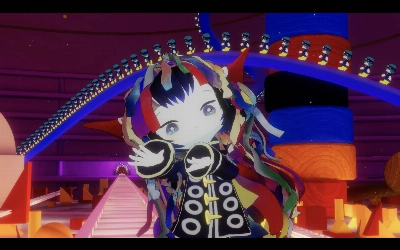There was a time when "The Simpsons" was a universal pop culture touchstone. President George H.W. Bush criticized it from the White House; millions tuned in in 1995 to find out who shot Mr. Burns; words and phrases coined for the show, like "meh,” entered the common lexicon.
Nearly four decades after it started, the series is still running. But no one really talks about it anymore. Ratings have been in decline for years, recently achieving just 10% of the viewership from 2000, when the show’s generally accepted "Golden Era” had already ended and its long decline begun.
"The Simpsons Movie," perhaps the last time its content really resonated, is so old that it came out at the same time as the first iPhone went on sale. Recently when the series has made headlines, it’s for other reasons — 2017’s documentary "The Problem With Apu," examining the Indian stereotypes of the show’s most notable South Asian immigrant; or the recasting of actors playing Black characters such as Dr. Hibbert in the aftermath of the Black Lives Matter protests. Its supposed ability to predict the future, such as a reference in 2000 to President Donald Trump, decades before he entered politics, sometimes pops up. But no one is talking about its content.


















With your current subscription plan you can comment on stories. However, before writing your first comment, please create a display name in the Profile section of your subscriber account page.